As a follow-up to last week’s story on renovation don’ts, Eric Maki, the senior director of campus recreation at West Chester University, shares his advice and experiences of renovating gained through a number of opportunities while previously working at Illinois State University, Cleveland State University, the University of Missouri and Wichita State University.
As global fitness and recreation trends continue to change and evolve, so too must the facilities and spaces in which these activities take place. In many cases, university campus recreation departments do not have the funds to expand or build new facilities to accommodate current needs. Identifying and prioritizing facility renovation and enhancement projects becomes a critical means to meeting and exceeding new and evolving fitness and recreation needs.
The West Chester University Student Recreation Center (SRC) opened in August, 2012. At this time, the SRC was viewed as a modern, comprehensive, state-of -the-art university recreation facility created to facilitate community building around health, fitness, inclusivity, recreation and wellness. However, since the opening of the SRC, many factors led to identifying a need to reassess how our spaces were currently being used and how best to meet and exceed the needs of our campus community related to best practices and standards for campus recreation. Listed below are many “dos’” and “don’ts” learned while going through this process and are intended to help others coordinate successful facility enhancement and renovation projects.
Pre-Project Preparation:
- Do communicate with those you report to about the need to create and distribute an assessment tool to gather information and solicit feedback.
- Give “the why” as a means of educating your supervisors.
- Do identify source of funds, department reserves or need for a referendum.
- Do host multiple town hall meetings with the student government association to discuss the potential project and how partnering to solicit information and feedback is mutually beneficial to the campus community.
- Partner to create an assessment tool for distribution.
- Be transparent with the results of the assessment.
- Do communicate with colleagues in facility project management to learn how best to coordinate all aspects of a potential project, timelines based upon other similar campus projects, etc.
- Identify a project team and what role each person will play.
- Groups to include, which sometimes can be forgotten, are custodial services, I.T./telecommunications and university marketing.
- Do communicate with national and regional equipment vendors to discuss potential new strength and conditioning equipment needs and various design layouts to best meet and exceed the functionality of intended spaces.
- Identify trade-in value of all equipment to be extracted.
- As an offer of good will, for any equipment not being given a fair trade-in value ,consider giving it to other university or campus partners.
- Do bring together architect, facility project manager, equipment vendor(s) and university budget members to finalize the scope of work and budget for the project.
- The more communication with everyone during the pre-construction phase, the better likelihood of staying on budget and reducing the need for costly “change-orders.”
- Do have separate construction and equipment budgets.
- Do factor in the best time for the project to lessen negative impact on current programs and services.
- Do sequence work to ensure a smooth transition and that contractors and equipment installers are not tripping over one another to perform their work.
- Do communicate with your direct supervisor the final agreed upon scope of work, budget, source of funds and general timeline to gain final approval.
- Once approved, do communicate with department professional and student staff.
Construction Phase:
- Do: market, market, market.
- Consider broad aspects of how the project will enhance fitness and recreation needs and wants via various mediums:
- University digital media
- Website
- Social media
- Interviews
- Residential life
- Fraternity and sorority life
- Do NOT corner yourself by setting a firm date of completion.
- Too many factors can impact timeline set-backs. By setting a firm date of completion, you are setting yourself and others up for disappointment and perceived lack of success.
- Do stay highly involved through the process to ensure, as the owner, you are getting what you intended.
- Do NOT let others run the project – you are the owner/occupant.
- Trust the involved experts to provide options with associated costs, but as the owner, be highly involved with all decisions.
- Do ask questions throughout the process as a means of education and to make well-informed decisions.
- Do know what you are and are not valuing throughout the process.
- Do NOT feel you must make all decisions right away. Taking a day or two to pause, reflect and speak with trusted colleagues, etc., will rarely halt the project but will ensure you are making the best decision given the information provided.
- Do establish a general timeline of meetings with key members of each aspect of the project.
- Do have an identified person whose sole duty is to take concise notes and provide this information and agreements to all in a timely manner.
- Do have meetings on the floor to help all better visualize the discussion points and decisions.
- Do offer and provide tours to any and all who are willing to review what you are creating.
- Do be present during strength and equipment extraction and installation.
- This ensures the right equipment is removed.
- Installation of equipment is always a fluid process and moving equipment around to best meet “flow” is essential for success.
- You are paying for the contracted labor to be present during this important phase and once they walk out the door, you will be left to do it on your own or pay to have them come back.
- Project punch-list:
- Have pre-punch-list discussions to reduce set-backs and stay informed.
- Details-details-details.
- This is a next to last chance to gain any final aspects, which as the owner, you would like attended to within the scope of work of this project.
- Do not miss out on an opportunity for minor enhancements or add-on’s which can be included and accomplished now without creating new project work and budget.
Post-Construction Celebration:
- Do identify a date and time to celebrate completion of the project and provide “show and tell” to the campus.
- Allow professional and graduate assistant staff to help drive this program with input from all.
- Ask for sponsors – equipment vendors, architect firm, contractors – to support this program by providing accessories to the program:
- Sponsor of food
- Sponsor of attendee gift
- Sponsor of student scholarship
- Sponsor of printed materials
- Recognize all involved who contributed to this project, including internal and external partners who played large and small roles.
- Make an interactive experience for all who attend – campus recreation is a culture of activity to get people moving.
- Provide free memberships drawings for those who attend.
- In the months following, continue to stay highly active and observant of how the newly enhanced and created spaces are being used.
- Have a town hall meeting once again with SGA to discuss the completion of the project and garner feedback.
- Create a follow-up assessment to gain additional feedback – what did we miss?
- Stay active by visiting the spaces regularly but on different days and at different times to learn first-hand how they like what has been changed.
- Walk the space with your equipment vendors to identify potential accessories or items to be added which will enhance the space.
Truly, if you create positive relationships with all involved, from SGA and student groups, architects, facility project management team and contractors, and of course your supervisor and professional staff team, things can and will go well. The most important aspect of this process is putting in the work prior to the construction phase. If you have met numerous times with those performing the work and have clear expectations of the outcomes, the project itself will run smoothly. Stay present, engaged and be flexible.
Photos courtesy of West Chester University during the construction phase, and completion of the SRC Enhancement Project.
By Eric Maki, the senior director of campus recreation at West Chester University. For more information, contact him at emaki@wcupa.edu.



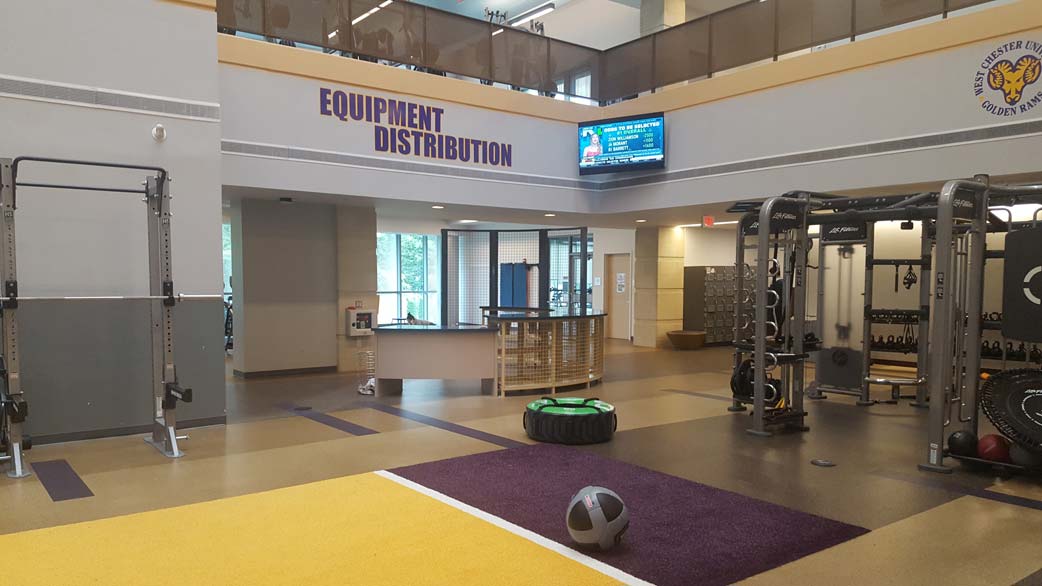
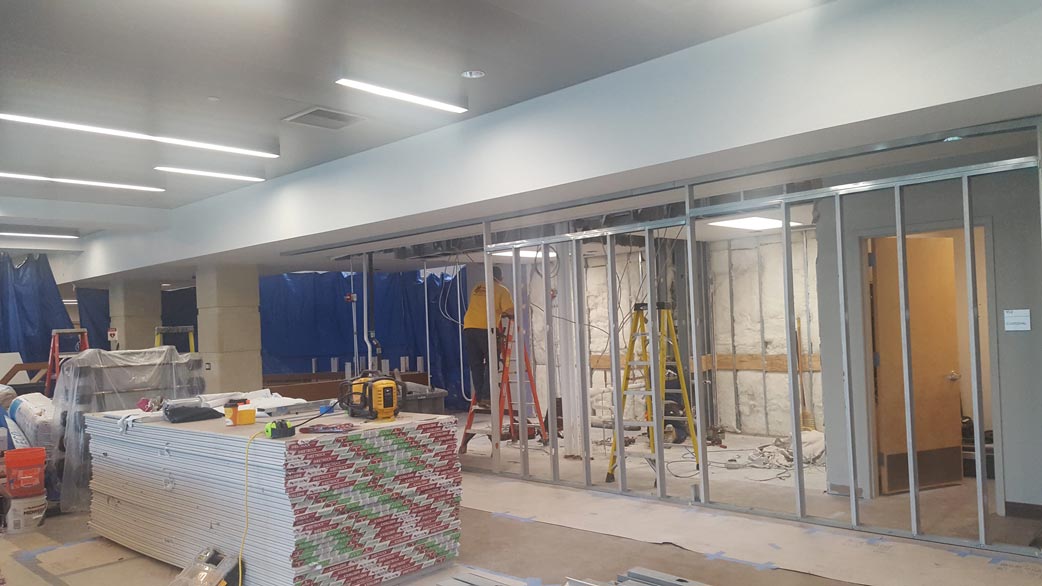
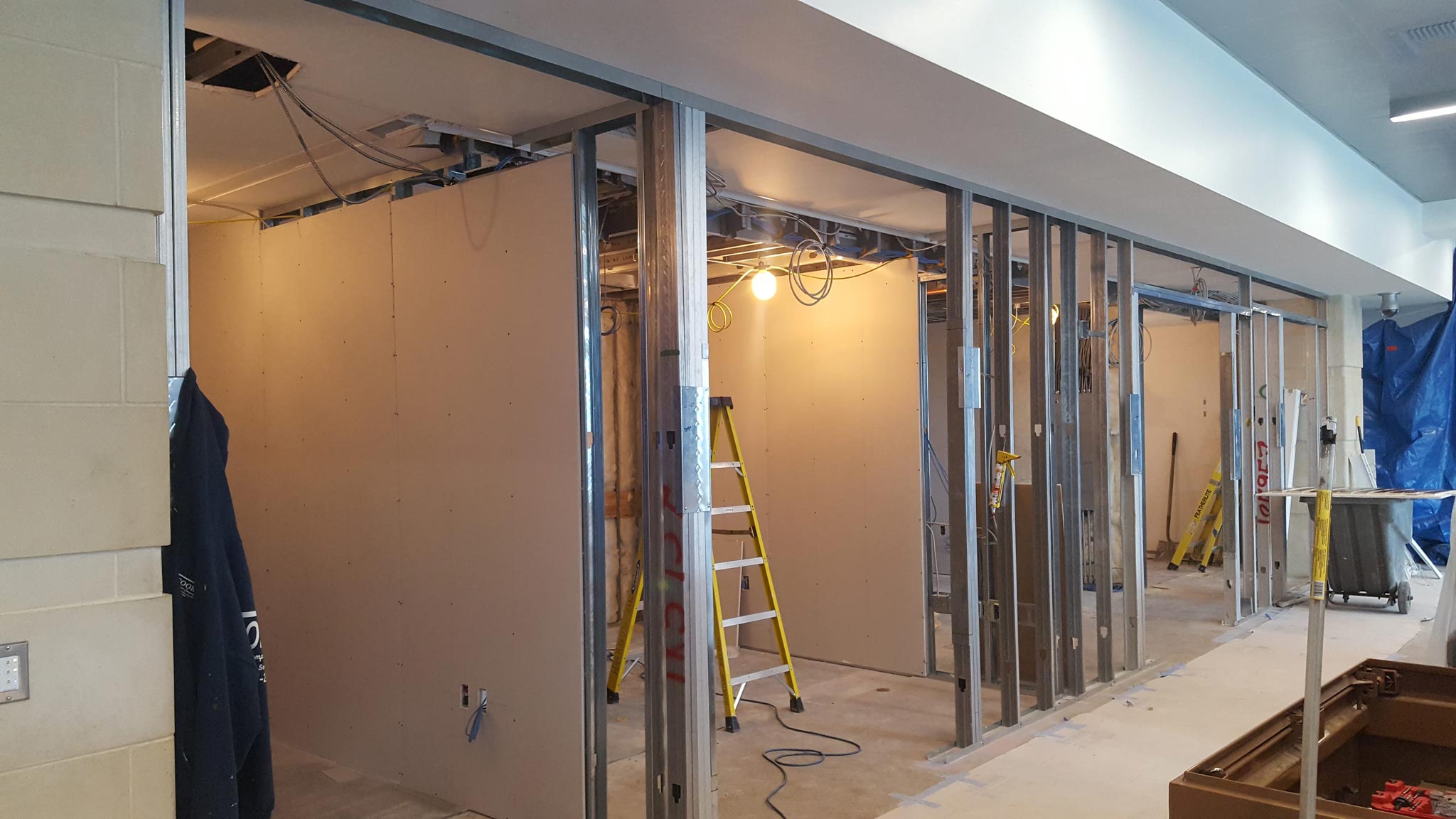
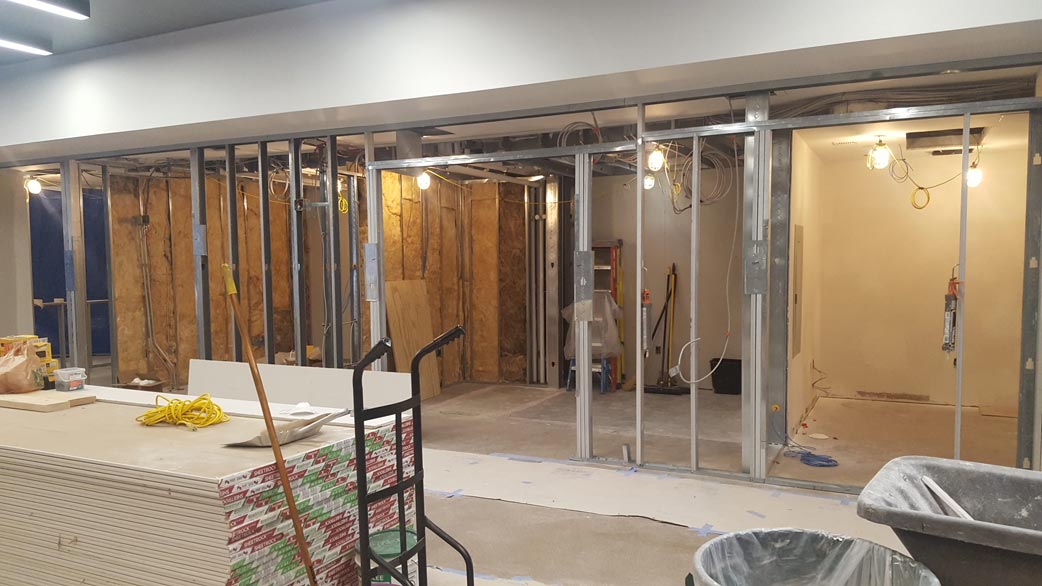
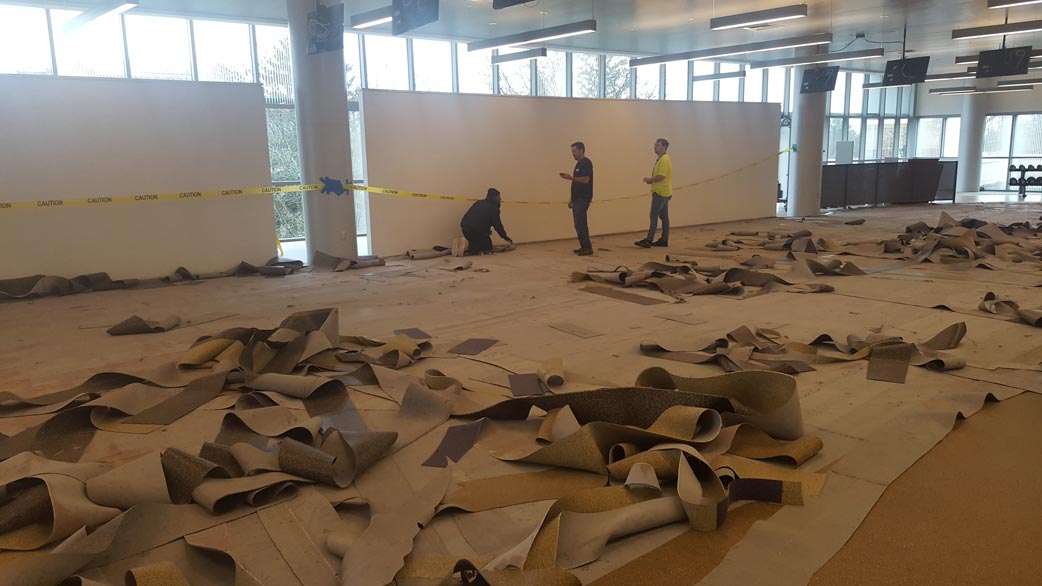
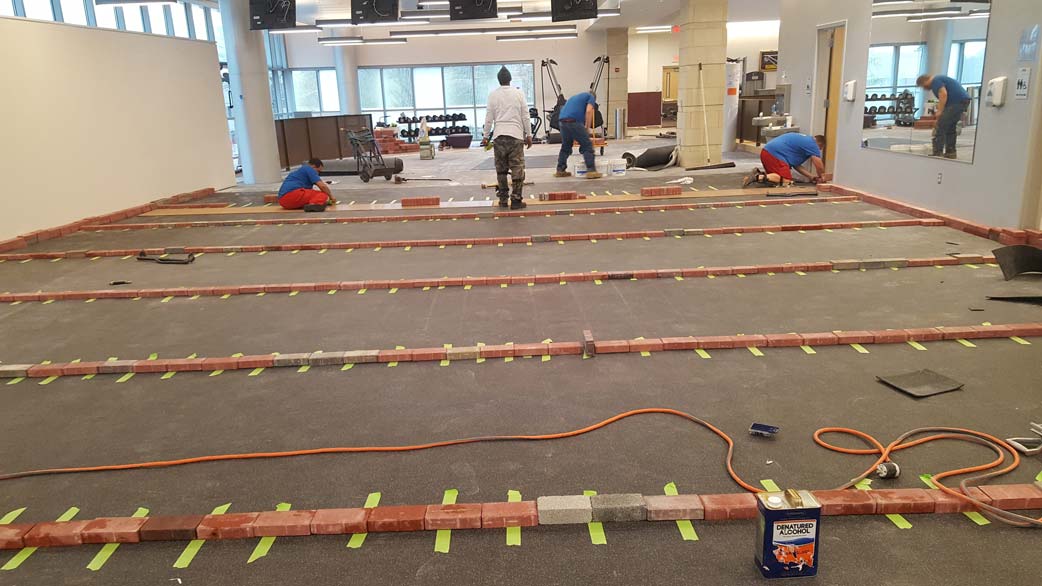
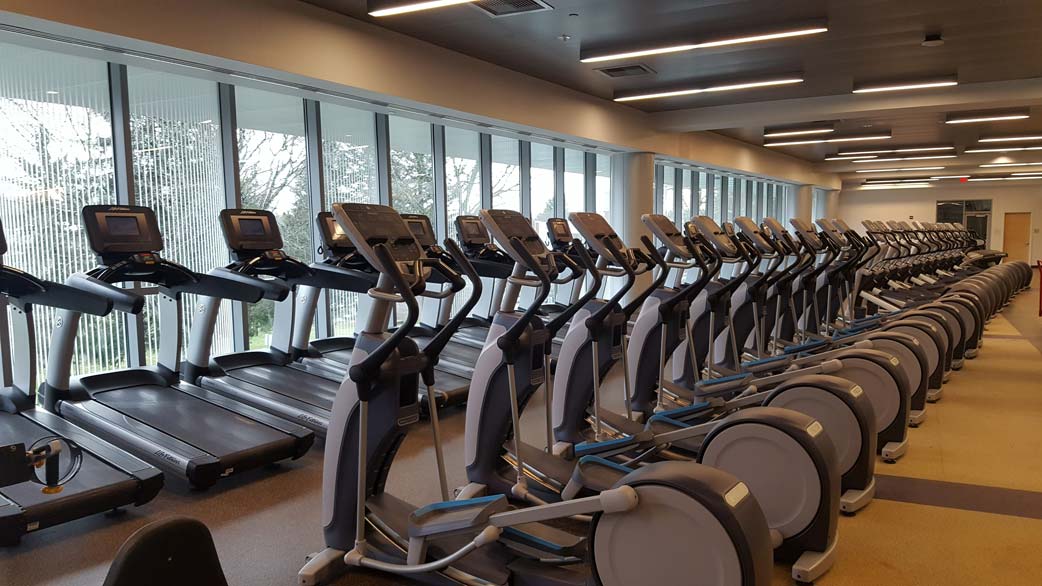
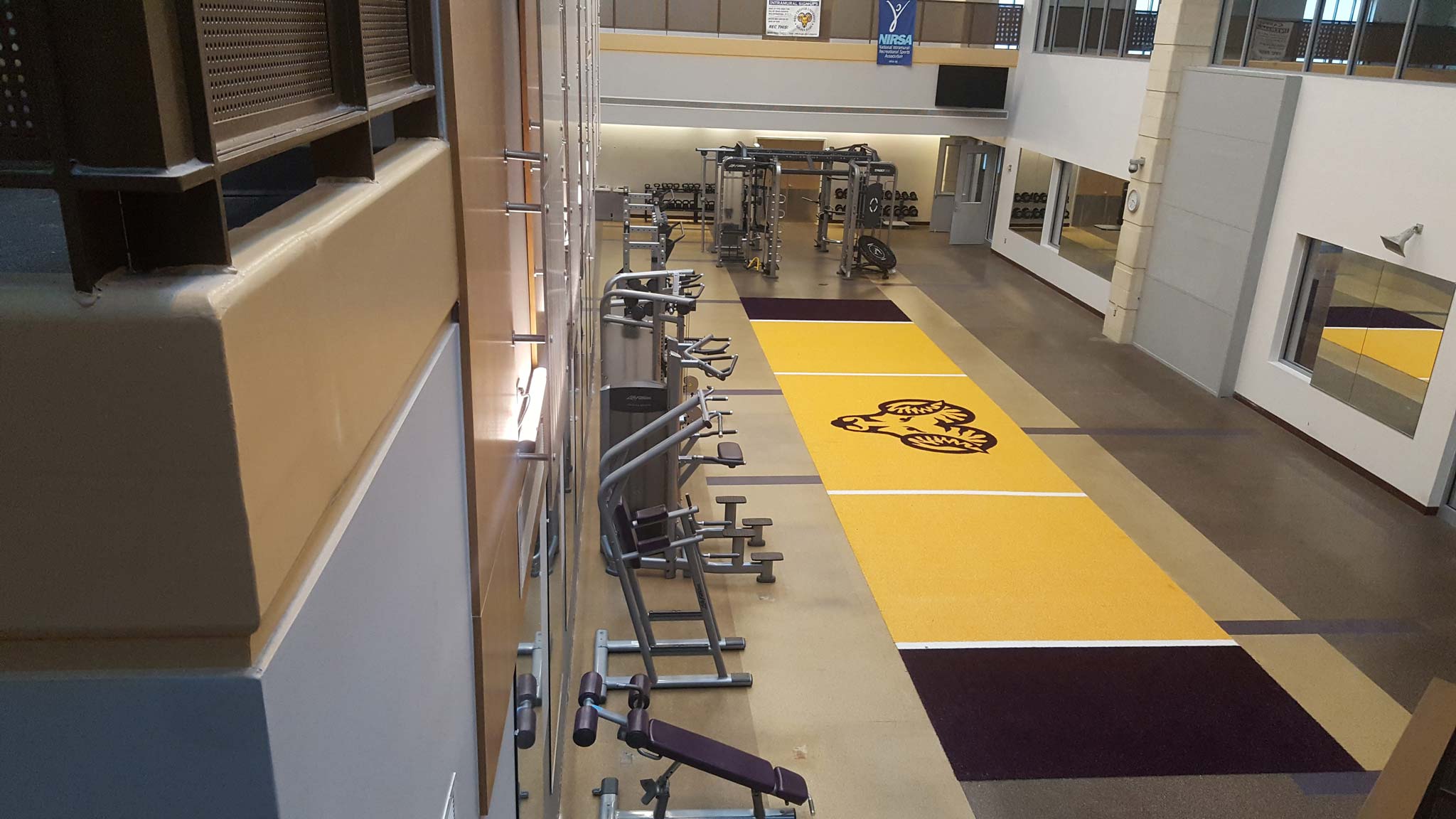

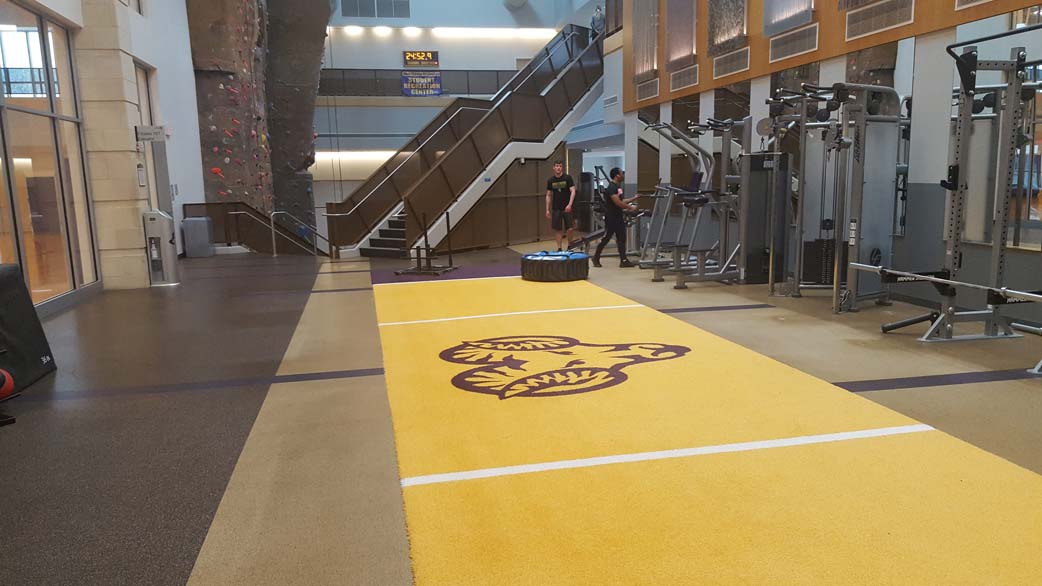
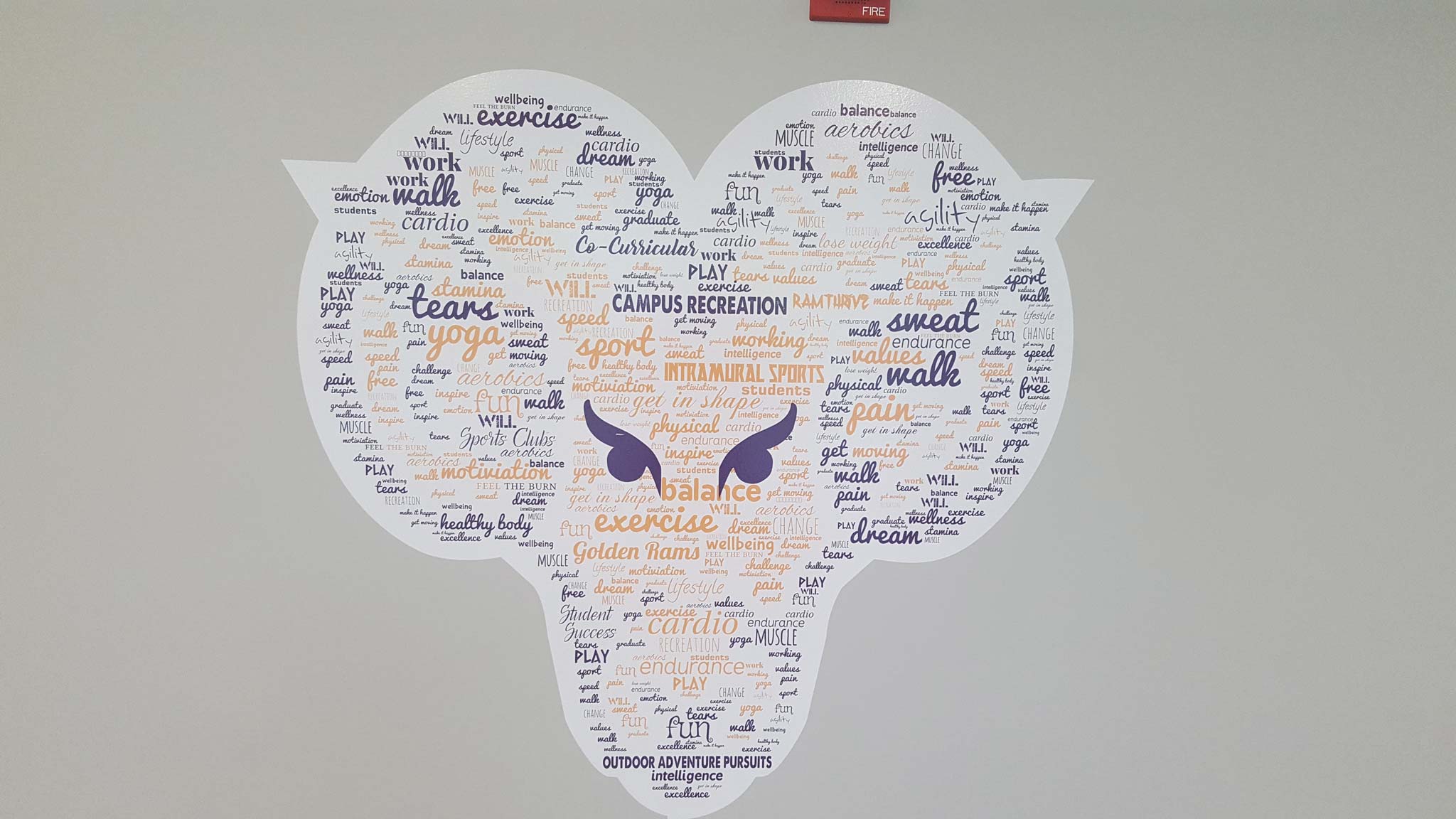
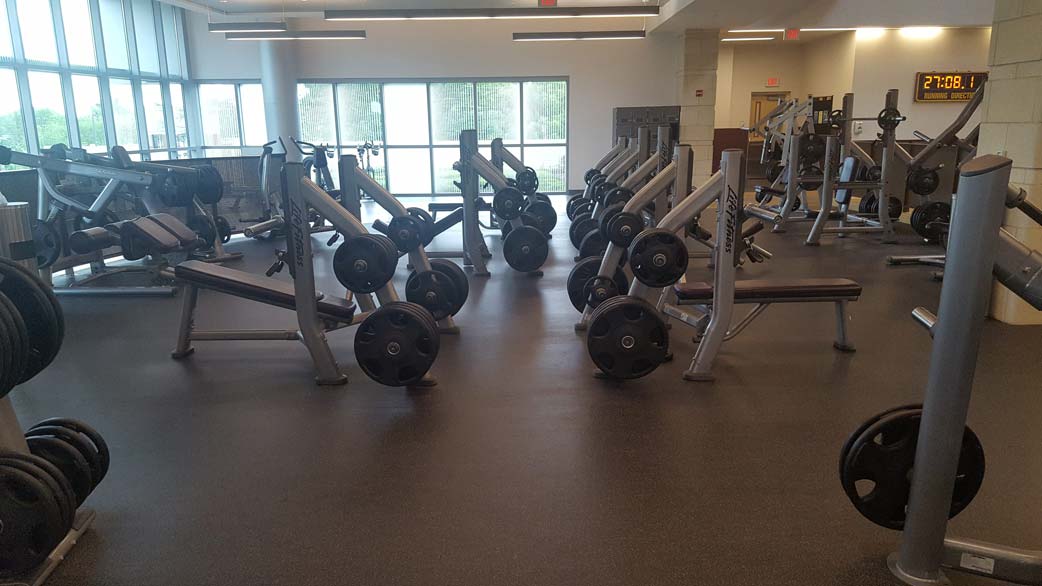








The average student, and even most faculty I wager, have no idea just how much goes into making a large scale renovation of a recreation center a success. You taught me so much in my role over the custodial side of things at MizzouRec. I’m glad to see you have moved on from the drama of Witchita, and I hope you are successful and appreciated for your caring and professionalism at West Chester University. This article alone is proof of you’re having been around the block. Lots of pitfalls to avoid when seeking to improve the status quo.